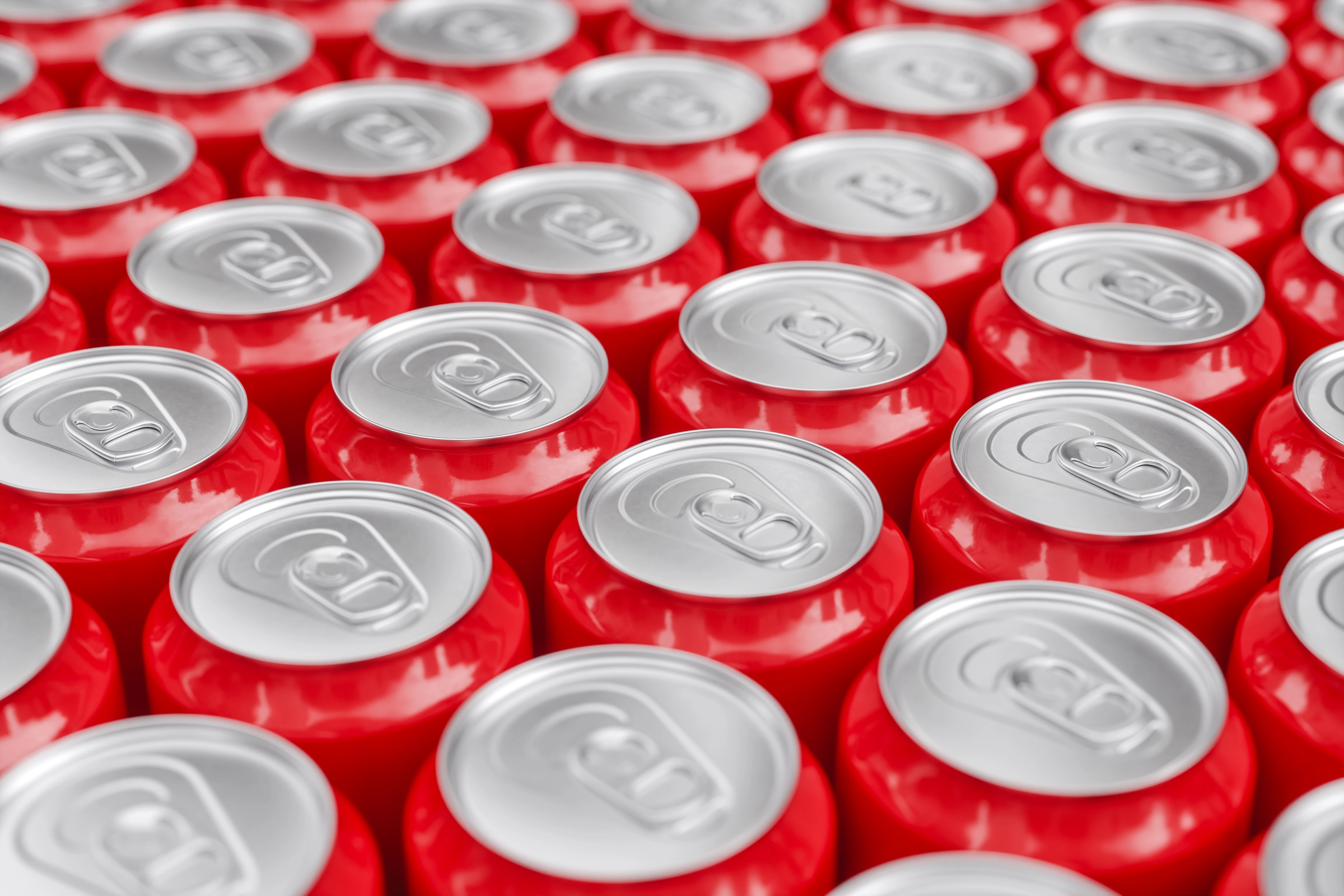
Parenting is a journey filled with joy and challenges. And one challenge that parents often face is teaching their children healthy daily routines. But why is this so important?
According to a study by the Rudd Center for Food Policy and Obesity, children in the United States consume an alarming amount of sugary drinks each week. With over 61 brands and 664 varieties to choose from, it’s no wonder dental problems can arise.
When the sugar and starch in these drinks come into contact with bacteria in the mouth, it triggers an acidic reaction that can lead to dental erosion. This irreparable loss of enamel can result in issues like tooth decay and cavities.
What is Dental Erosion?
Also known as acid erosion, dental erosion is is the irreparable loss of enamel. Vomiting, acid backflow, and other ailments that induce the production of gastric acids toward the mouth can also lead erode the tooth structure.
What are Dental Caries?
Considered the most common oral condition, especially in children, dental caries (tooth decay) cause irreversible damage to the enamel that develops into tiny openings of the dentin.
Decay arises due to a combination of various factors. This includes frequent snacking, the buildup of bacteria, sipping sugary beverages, and inadequate oral hygiene. The acid-producing bacteria that proliferate with the interaction of sugar eat up the enamel until a cavity is created.
Sugar Consumption Frequency
There is extensive evidence that confirms the correlation between the prevalence of dental erosion and caries with the amount and frequency of sugar consumed. With a pH level of 2 to 3, fizzy drinks can significantly cause tooth structure loss.
Instead of sugar, opting for drinks using sugar substitutes is a great idea. Sugar alternatives include saccharin, aspartame, stevia, xylitol, and sorbitol. While these non-sugar sweeteners are non-cariogenic alternatives, they still perpetuate cravings for sweet treats.
The burden is now passed onto parents to influence their children to eat less cariogenic foods and drinks. First and foremost, dental professionals often must counsel their patients regarding proper dietary habits.
The Right Way to Hydrate
When the aim is staying hydrated, drinking carbonated sodas can actually cause dehydration. Aside from sugar, the majority of sodas contains caffeine. Both sugar and caffeine affect the production of anti-diuretic hormones in the body. In turn, this signals the kidneys to release more water.
On the other hand, sports drinks are specifically formulated to hydrate the body. However, those with high sugar content can cause cavities.
The best way to combat daytime fatigue is to stick with water. It keeps the body well-hydrated and won’t cause any damage to the teeth like caffeinated drinks and sodas.
Do’s and Don’ts of Hydration
Do:
- Drink at least 8 glasses of water a day
- Use a straw to minimize contact between teeth and sugar
- Consume carbonated drinks in moderation
- Rinse your mouth with water after eating if brushing isn’t possible at the moment
Don’t:
- Graze (eat in place of a full meal) on sports drinks, fruit juices, or sodas
- Drink carbonated drinks before bedtime
- Sip on drinks for extended periods of time
- Brush immediately after consuming acidic foods/drinks to avoid erosion
Remember, moderation is key. Enjoying a sugary drink occasionally won’t cause harm. However, maintaining optimal oral care and healthy eating habits is essential in minimizing the risks of tooth decay and erosion.
To learn more about the impact of sugary drinks, check out the comprehensive report by the Rudd Center for Food Policy and Obesity.
